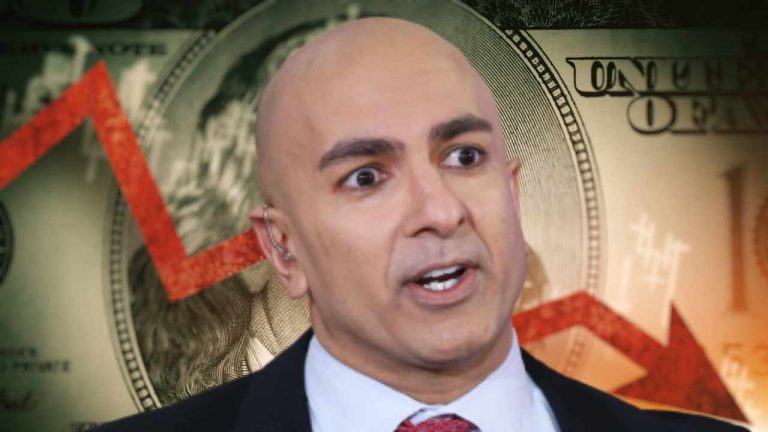The Monetary Authority of Singapore (MAS) has published two consultation papers proposing stringent regulatory measures to mitigate the risk to consumers from crypto trading while supporting the development of stablecoin as a credible means of exchange.
In that context, the Singapore central bank contends that trading in cryptos is excessively risky and not suitable for the public. Nevertheless, it acknowledges that cryptos play an integral role in the bigger digital asset ecosystem, and it might not be feasible to ban them.
Instead, it is proposing strict new needs on providers of Digital Payment Token (DPT) services that are designed to discourage the casual use of crypto trading consumers. They include mandatory testing of clients to determine prior knowledge of crypto risks; a ban on retail users from borrowing and accepting credit card payments to buy crypto; and the prohibition of crypto-related incentives, such as gifts, tokens, and celebrity endorsements.
Companies will also get mandated to separate client assets from their assets, introduce clear risk management controls, and disclose the policies and processes for listing and selecting tokens. While the proposals are likely to dampen speculative growth in cryptocurrency trading, the central bank has taken a more nuanced approach to the use of stablecoins as a medium of exchange.

In a bid to lend lots of credibility to the emerging asset class, the current regulatory infrastructure, which mainly addresses money laundering and terrorism financing risks, and technology and cyber risks, will get expanded to guarantee that regulated stablecoins have a high degree of value stability.
The non-bank issuers of stablecoins will also be needed to hold liquid assets that are valued at a higher of 50% of yearly operating expenses to achieve recovery or a majorly orderly wind-down. For the regulated banking industry, there will be no extra reserve backing and prudential needs applied when the SCS is issued as a tokenized form of banking liabilities.
The deputy managing director of MAS, Ho Hern Shin, commented:
“The enhanced regulatory regime for stablecoins aims to support the development of value-adding payment use cases for stablecoins in Singapore. As we continue to partner with industry players to explore the potential benefits of tokenization and distributed ledger technology, MAS will make appropriate adjustments to its regulatory regime to address the associated risks.”

 1 year ago
86
1 year ago
86 

